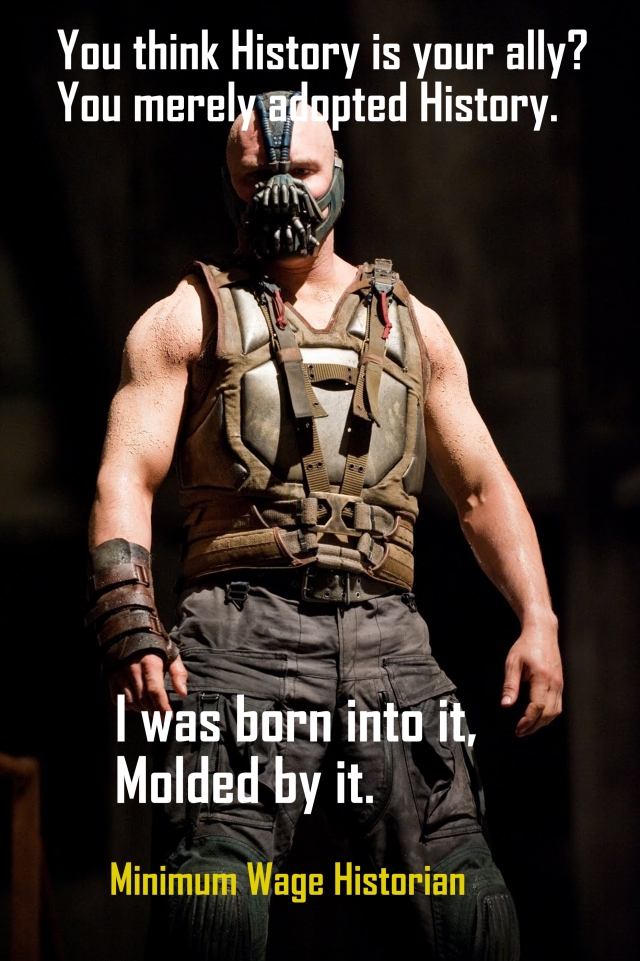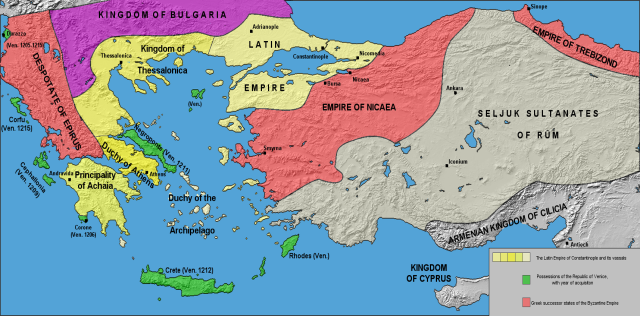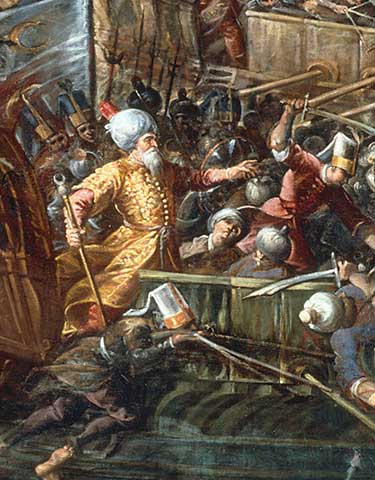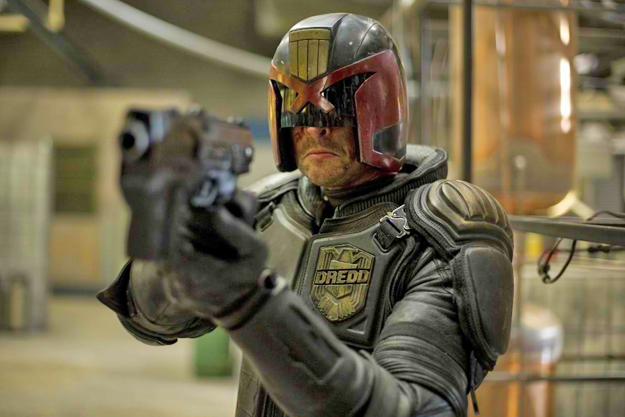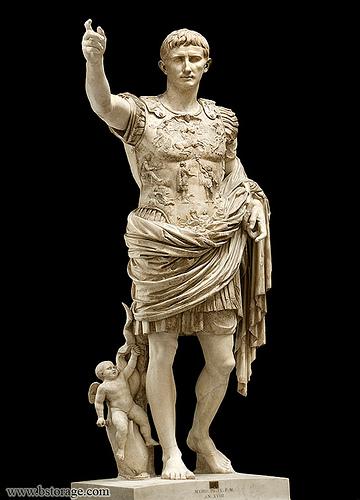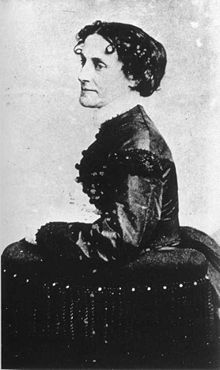Anna Komnene – Welcome everyone to Minimum Wage Historian!
Olga of Kiev – Where’s Zachsky?
Anna Komneme – Don’t worry about him. Today’s topic I’m afraid isn’t as exciting or funny as usual. It’s a rather sad story about an emperor. As Byzantium was dying, one man experienced a series of tragedies that mirrored the tragedies of the Empire.
Gaspar Correia – Wait, I thought today’s topic was Ancient China.
Mulan – Yes, that’s what Zach said on Monday. ( Holds up stack of books and notes. )
Anna – Um…Don’t worry. Zach E-texted me this morning. Said he couldn’t make it and to change today’s topic.
Gaspar – E-texted? You don’t know what you’re talking about, do you?
Anna – How DARE you question an Imperial princess! I was born in the Purple Chamber of the Imperial Palace!
Olga – Yes, yes, yes. You say this thing every day. You bad liar.
Mulan – Where is Zach and what did you do to him?
Anna – Oh, well…
I may have
Um….
maybe had him…
Mulan – Anna!
Anna – I may have had him kidnapped.
Mulan – You what?
Olga – (Laughs hysterically.)
Gaspar – For money, right? I’ll go in, 60/40.
Anna – No, he wanted to talk about Ancient China, but I have more Byzantine history to tell, so we’re telling it or I’ll have my Varangian Guard come in and beat you up.
Gaspar – (Throws up hands) Hey, you wanna talk Byzantine history, who am I to argue. Let’s do it.
Mulan – You have a bad habit of fomenting coups, don’t you?
Anna – I don’t know what you’re talking about so I’ll ignore that comment. Let’s start, shall we? Today’s topic is about the son of last week’s topic, Michael Palaiologos, the “Dark Emperor” as Zach so ineptly called him.
Gaspar – I thought it was funny.
Anna – Shut up. Michael had a son named Andronikos Palaiologos II.

Byzantines were bigger fans of facial hair than Civil War generals. But Andronokis went against fashion and cut his beard square. Not sure why.
Mulan – His father was a ruthless man. Was this Andronokis the same?
Anna – Not hardly. Andronokis was a thoughtful, caring person who loved his family and his empire more than himself. He is one of the longest reigning emperors, forty years he sat on the throne of the Roman Empire. But he was also fairly weak person. He had none of his father’s ruthlessness but he also lacked his father’s drive and forcefulness.
Gaspar – Not ruthless? So he had plenty of ruth? Ruth is an important part of anyone’s character.
Anna – Shut up. It was a harsh time and he was not a harsh man. He worked hard, but he worked poorly. During his reign the Empire lost much of its meager territory for good. His name meant “Man of Victory” but he would see no victory, only loss after loss. Keep in mind that he wasn’t incompetent, he just was the wrong man for the times. After his father’s death the Empire was surrounded by enemies on all sides. Bulgarians, Serbians, Latins and especially the Turks. Each one was eating away and the Empire. Mulan, you’re a soldier, what would you do?
Mulan – I’d throw every coin into the military, regain territory which would earn more money and stay on the offensive no matter what. Every territory gained is more revenue earned.
Anna – Exactly. But Andronokis disbanded the navy that had saved Constantinople so many times in the past and got rid of all the army except a few thousand mercenaries.
Mulan – Wait…he did what?
Anna – He was a peaceful man in a time of war.
Mulan – Peaceful or no, was he an idiot?
Anna – An idealist. When he was young his father sent him to Turkey to fight the Turks. Instead of attacking he found the ruins of a town and he spent his time rebuilding the town and bringing settlers in to live there. A few years later the Turks marched in and simply took it. All his hard work for nothing. This was typical of his reign.
Anna – Let’s start with his long series of tragedies, some were political and some were personal. Not all were his fault. He was born under an unlucky star. When he realized that the empire was being taken apart like a wounded fish in a school of sharks he realized too late that he in fact needed a military. So he hired a mercenary company led by a man named Roger de Flor. Roger was a German leading a group of Spanish mercenaries and was kicked out of the Knights Templar probably for being a “douche bag” as Zach would call him.
Olga – I miss Zachsky. (dramatic sigh)
Anna – Shut up. This mercenary, Roger, has a few successes against the Turks but when they weren’t fighting Turks they were raiding and destroying Byzantine towns. They refused orders and extorted money from Byzantine officials they ran across.
Anna – After all of Roger’s hard work, he finally returned to Constantinople to demand more payment for services rendered. I hate to say this about a fellow Roman, but Andronikos had no spine. Instead firing Roger, he promoted him to Caesar, the third highest rank in the Empire and gave him some fancy new clothes and gifts. Ever the gentlemen, Roger left the city and as he sailed away he publicly dumped all his gifts into the harbor as a sign of his disrespect.
Mulan – What a dishonorable jerk! I’d cut his head off!
Anna – Yes, well, you have more “testicular fortitude” than Andronikos. He gave the mercenaries more money and told them to go back and fight the Turks. Roger agreed, took the money and promptly went to Adrianople, where Andronikos’s son, Michael IX the co-emperor lived. Roger shows up and invites himself to a huge feast. Michael inherited some of his grandfathers ruthlessness –
Gaspar – There’s that word again.
Anna – Shut up. Michael knew what these mercenary scum were up to. He didn’t attend the feast but instead decided to take a much “harsher” approach to the problem. He orders his men in to the feast where they proceed to slaughter Roger and his officers. When Michael heard the “news” he said, “What a pity!”
But that wasn’t the end to Andronikos’s sorrows. His first wife, A a Hungarian princess named Anna died young and so he married an Italian princess named Yolonde. He grew to love Yolonde deeply and she bore him several sons but the daughters all died in infancy. He then fasted and prayed for a daughter and lit several candles, one to each saint and whichever candle lasted the longest he’d name his child after that saint. He eventually had a girl and the candle that died last was St. Simon. Not a gilr’s name so he named her “Simonis,” a unique name for a girl that would prove to have a unique and tragic life. Like me she was born in the purple chamber of the palace and so held great respect. But the Serbian king Mulitin was rampaging all over Greece and threatened to take Thesselonika if the emperor didn’t give him an Imperial princess for a wife. He had had three wives already, each one died mysteriously.
Olga – I no like this man!
Anna – Just wait, you’ll have even less reason to like him. Andronikos, lacking a vertebrae as previously mentioned, gave in and gave Mulitin his only daughter, Simonis. She was only 6. This wasn’t uncommon, but usually the wedding was ceremonial and the bride wouldn’t be “Man and Wife” until she was of age. But Mulitin didn’t wait. He abused the poor girl so that she’d never be able to bare children.

Here is a melancholy portrait of the poor child bride, Simonis or Simonida as the Serbs called her. All she wanted was to return home.
Anna – Just a generation ago such a marriage to a barbarian like Mulitin would have been unthinkable. But Andronikos was weak and let it happen. He loved his daughter was ashamed for her treatment. Simonis hated her “husband” and only wanted to return home. She thought if her father new her situation he’d let her return. Eventually Mulitin let her go home for a visit. Once back in Constantinople she refused to go back, but the hopeless emperor new that if she didn’t, her husband would renew his war against the Empire and he had nothing to stop him. So he sent the poor, crying girl back. On the way back to Serbia, she escaped and ran to a monastery and dressed as a nun, but her guards found her and forced her to return in tears. When she was 23 Mutilin died and she hurried back to Constantinople where she lived a sad, lonely life.
Mulan – I’d cut off Mutilin’s head too! That pig deserves to be skinned alive!
Olga – I burn his house and city down!
Gaspar – Cement shoes are too good for him.
Anna – It’s a tragedy that would never have happened if the emperor and the Empire were stronger. But there’s more tragedy to come. Yolonde, Andronikos’s wife, was a vain, greedy woman who thought Simonis had married well. Yolonde hated her step sons who were born by Anna, so she pleaded with her husband to divide the Empire among all his sons and give her sons an inheritance. Andronikos knew that the request was ridiculous. Divide the already shrinking Empire? Never. So, Yolonde threw a fit. she cried, wailed, screamed and threatened to kill herself, but none of it worked. Yolonde then left her husband and moved to Thesselonaka and stayed there for the rest of her life. This shamed Andronikos even further. He had loved her but all she loved was money and power. For all his faults, he was a good man that wanted to do right by his people and his Empire. In better times he might have made a halfway decent emperor. He had lost the love of his wife so he could insure his son, Michael would be Emperor after him. He was his father’s favorite.
We’ve mentioned Michael already. He was the elder son and set to inherit the Empire. He had a son and named them after his grandfather, “Andronikos.” He loved his son more than anything else and doted on him. He was the one ray of sunshine in the Emperor’s cloudy life. Michael however, didn’t take his duty seriously. He was what you modern people would call a “Frat boy.” He spent his time partying and buying things he couldn’t afford. He had a cousin though and they were closer than brothers. His cousin, John was a thinker and took things seriously. he tried to keep Michael’s excesses under control. But then Michael fell in love with a married woman and became very jealous. He ordered his men to watch her house and to beat up any man that came to see her. But one night, Michael’s little brother had to deliver an urgent message to him and figured he could find him at the woman’s house. As he approached the door, Michael’s thugs jumped out and beat the young man to death. When news spread of the murder, Michael was accused of murder and was disinherited. Michael wept for his brother and promised to be a better man, but it was too late. When Andronikos heard the news, his heart broke. Michael left the capitol and young Andronikos loved his disposed father and worked with his grandmother Yolonde to inherit the throne. The Emperor grew to mistrust his grandson and eventually trumped up immature charges against. The grandson threatened civil war and the two reconciled. Eventually Andronikos grew old and feeble and with a broken heart, retired as a monk. His poor daughter, Simonis, nursed him for the rest of his life. It must have been a sad, lonely household, the two of them. She never married again and didn’t want to. He had seen everything he spent his life working for fall apart in his face. The Empire was worse off than when he first inherited it and his family was torn to pieces with civil war on the horizon. One family’s tragedy held the fate of the Empire.
Mulan – I’m fairly depressed now.
Olga – Very sad story. I like Zach’s happy stories better.
Gaspar – Yeah, seriously. I can’t even..enhance this story. What a downer.
Anna – But it’s what happened. Not all of history is uplifting and cheery. Byzantine history is normally told in a very stiff, formal and distant manner. I told this story to show that behind the dry facts of history, there were real people and real families that bled and cried.





